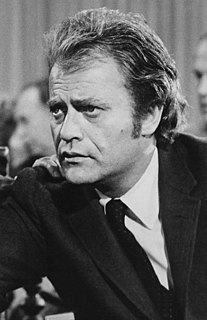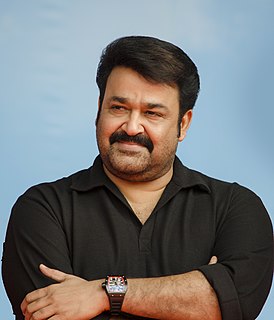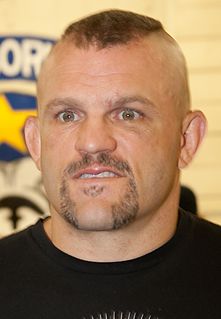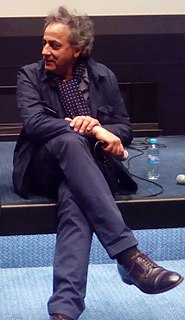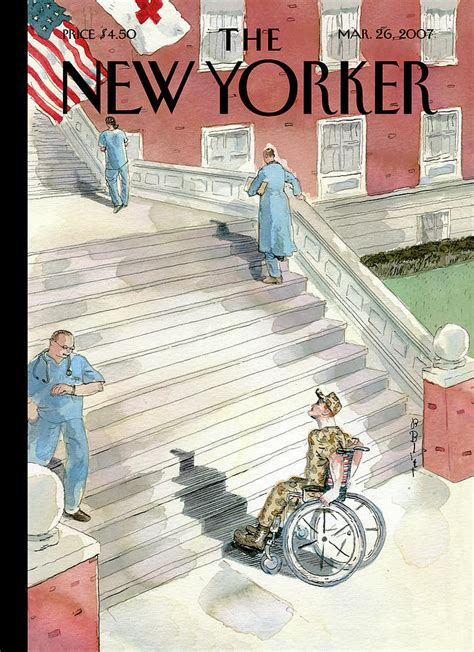A Quote by Vic Morrow
I think we've shot scenes from every angle directors can think of to make it look like different villages. I've directed a couple shows on that set and believe me, it's impossible not to duplicate some camera angles.
Related Quotes
I think it would be self-indulgent to go, "Oh, I'm going to make this character different by giving him a quirk of some kind." I don't think that serves the story, particularly. But even very similar scenes with a different set of actors, a different set of circumstances, it starts to evolve as a different character.
Just look at the back of Donald Trump's head, any angle. There's some angles that his chin is just, what do I mean? I mean he's sculpted out of some kind of pudding, I think. It looks like his face is sort of melting slowly. I should talk because my face is melting quickly. He's some kind of bizarre sculpture. There's no one really who looks like that.
I'm not a writer who's preaching some particular philosophy or something but the big questions do concern me and I like to make my readers think and debate and argue with each other and look at some aspect of the world or some act of governance or war or power and have an angle they haven't considered before, and that's something I strive for and hopefully have accomplished.
Jack [Nicholson] really knows about the camera. He's one of the directors who likes to play with the camera. He'll change things around, play with lighting, things like that. He'll even spend hours on the set-up for an insert shot. He's an interested person who gets involved in all the aspects of the films he is making.
